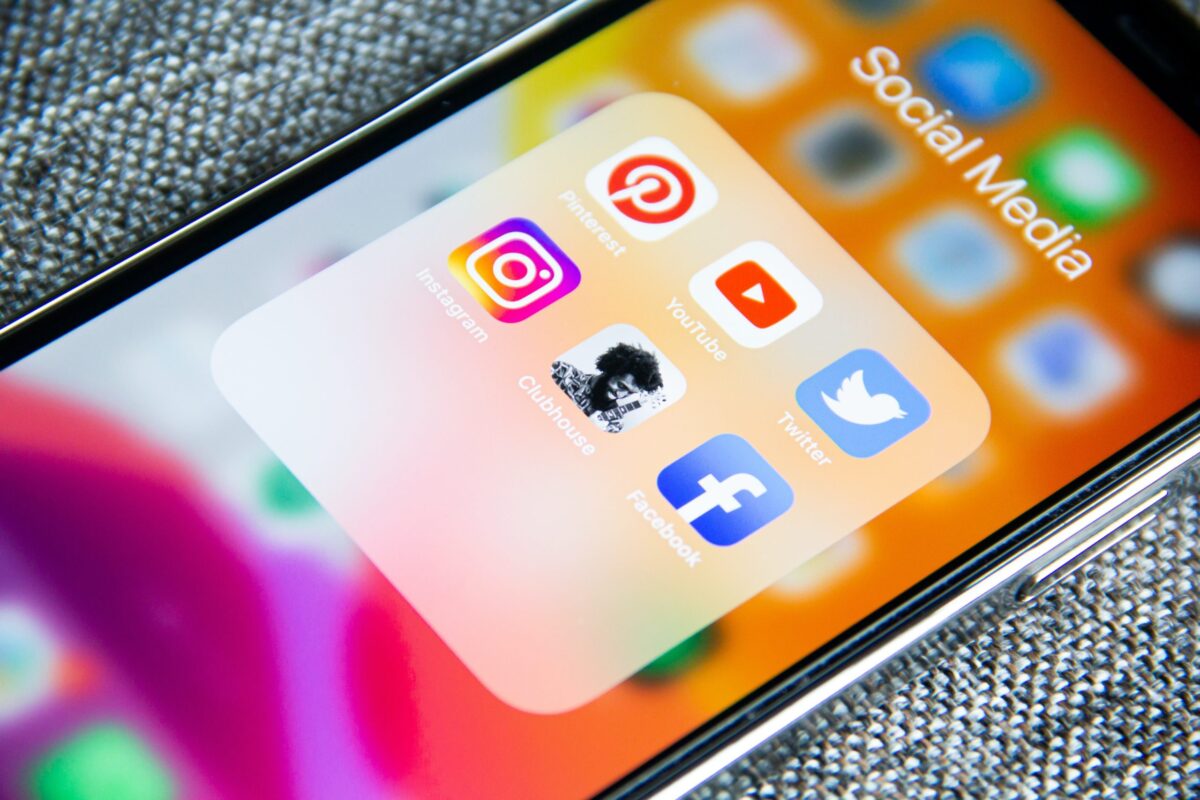

“Don’t fear rejection. Use it as a springboard to greater growth.” -Greg Williams, The Master Negotiator & Body Language Expert
If no one follows you, will you still lead?
Sometimes, leaders will not be accepted. That can occur even if the leader is good and have positive contributions to make to the rejecter. What do you do, or what have you done, when you’ve been such situations? That’s really the time when you have the greatest opportunity for self-growth. That’s really the time when you stand to learn the most about yourself.
Consider this, if you never experienced rejection how would you recognize it? How would you know how to deal with it?
Dealing with rejection allows you to test your thought process. It allows you to test your resolve. It allows you to give rejection a name and a face. That name and face can serve as a positive or negative motivator; your perspective determines how your perception of rejection is perceived.
Understanding that you give life to ‘rejection’ by the way you define it means, you can give it any meaning that you desire. Give it a positive meaning (e.g. “That’s not rejection. It’s an opportunity to make me better!”)
It’s very important to identify how you react to the perception of rejection because in order to be a leader you have to be able to lead yourself. The only way you can lead yourself is to know what leads you (temps you), why it leads you (it’s allure), and what you should do about it if anything at all. Thus, the feeling of rejection will allow you to lead yourself to despair or exhilaration.
Identifying the reasoning behind your perceptions, where rejection is concerned, will give you a new look into how you motivate yourself, how you keep moving forward, how you stay alive. Once you experience that deeper sense of awareness, you’ll be able to use the perception of rejection as a tool for greater expectation … and everything will be right with the world.
What does this have to do with negotiations?
Negotiations are 100% focused on the perception of rejection. That’s proven when you misperceive a gesture or offer that you think is against you. Even in that moment, the way you process information may cause you to experience the feeling of rejection.
The next time you sense rejection, slow down. Become reflective and consider what’s happening. Consider to what degree your perception is leading you to a place that won’t serve you. Consider how you can mentally turn your perception of rejection to a thought that serves you better. That will be the beginning of the shift that leads you to be more in touch with yourself. After your perception shift, you’ll be able to alter your perspective and the perception of the other negotiator.
What are you thinking? I’d really like to know. Reach me at Greg@TheMasterNegotiator.com
To receive Greg’s free 5-minute video on reading body language or to sign up for the “Negotiation Tip of the Week” and the “Sunday Negotiation Insight” click here http://www.themasternegotiator.com/greg-williams/
Remember, you’re always negotiating.
#HowToNegotiateBetter #CSuite #TheMasterNegotiator #ControlEmotions #Psychology #Truth #Perception #rejection #leadership

















